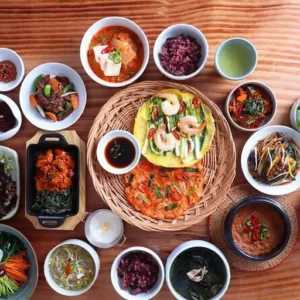At first glance, Chinese and Vietnamese dining customs may seem quite similar — shared dishes, chopsticks, and a deep sense of respect for elders. But dig a little deeper, and you’ll uncover a world of rituals, unspoken rules, and centuries-old traditions that continue to shape Chinese dining culture today.
For first-time visitors, some of these customs can be unexpectedly strict — and even a little puzzling. Here are 8 traditional Chinese table manners that might leave foreign guests a bit flustered, and why they’re so deeply rooted in cultural values.
1. Never Stick Chopsticks Upright in a Bowl of Rice
This is one of the biggest dining taboos in China. Sticking your chopsticks vertically into a bowl of rice is a symbol of death, as it closely resembles incense sticks offered during funerals or ancestral worship.
To many Chinese, especially those who are superstitious, this simple act is seen as inviting bad luck or disrespecting the spirits. Always rest your chopsticks on a holder or across your bowl instead.
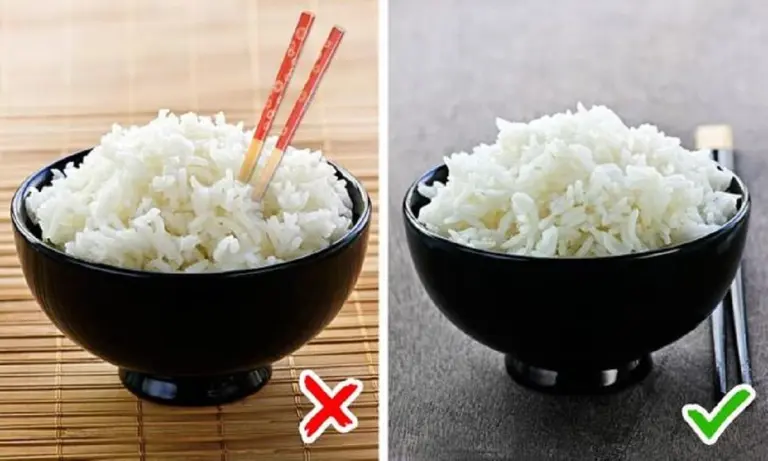
>> The “Kingdom of Women”: A matriarchal society where men take the back seat
2. Don’t Tap Chopsticks on Bowls or Plates
Historically, beggars in China would tap their bowls with chopsticks to draw attention and ask for food. Even today, making this noise is seen as a sign of poverty, disrespect, or impatience.
Children who playfully tap their bowls are often scolded by elders, as it’s believed that such behavior foretells a difficult or unsuccessful life — or worse, that the child may grow up with poor manners or misfortune.
3. Always Hold the Bowl When You Eat
When eating, particularly with rice, it’s customary (and respectful) to hold the bowl close to your mouth rather than bending low over the table or just picking up food.
This act reflects a person’s attitude toward life and responsibility. In Chinese thought, if someone can’t even hold their own rice bowl properly, how can they be expected to carry the weight of a career or family?
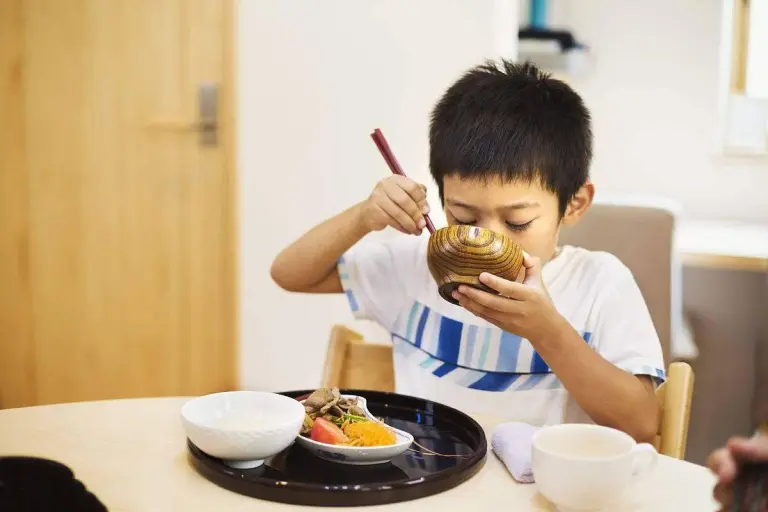
>> 10 most famous mountains in China – Where scenic beauty feels otherworldly
4. ️ Never Use the Word “Ask” When Offering Guests More Food
When offering more food or a second serving of rice to a guest, never say something like “Would you like to ask for more rice?”
The word “ask” (xin, 请求) implies begging, which can be interpreted as rude or degrading in this context. Instead, politely say “Would you like some more rice?” to show respect and warm hospitality.
5. Elders Eat First — Always
Age and seniority command great respect in Chinese households. When dining with family, it’s considered highly inappropriate for younger people to start eating before the elders have picked up their chopsticks.
Waiting your turn is more than just polite — it’s a gesture of reverence and acknowledgment of the older generation’s wisdom and experience.
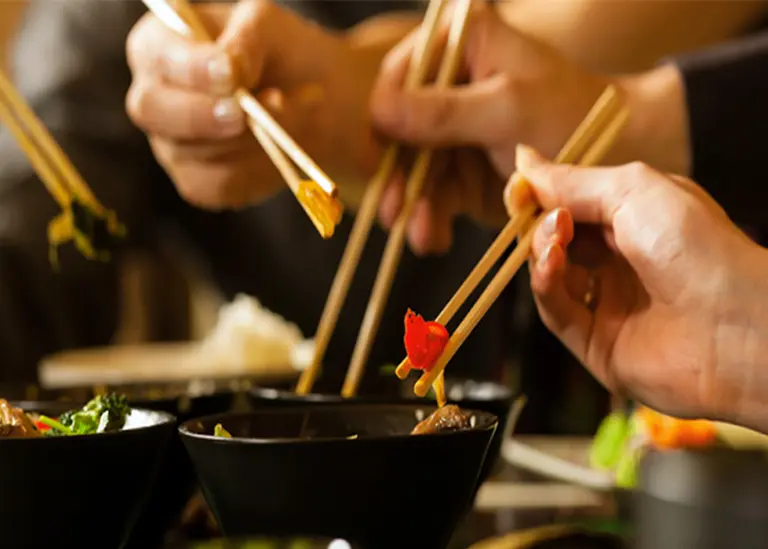
>> Conquering Hua Shan – The world’s most dangerous trail, Where challenge meets wonder
6. Don’t Walk Around While Eating
Chinese meals are meant to be shared, seated experiences. Walking around with your rice bowl or eating while pacing is seen as messy, uncivilized — and in traditional belief, similar to begging behavior.
If you’re at a family meal or formal gathering, stay in your seat, eat calmly, and join in the conversation. It’s about more than food — it’s about connection.
7. No Loud Slurping or Wide-Mouthed Soup Sipping
While some cultures might accept (or even encourage) slurping noodles or soup, Chinese etiquette generally frowns on loud eating noises. Wide-mouthed slurping is associated with hungry ghosts — a concept from folklore symbolizing greed and lack of self-control.
The ideal way to enjoy your meal? Chew quietly, sip gently, and savor slowly.
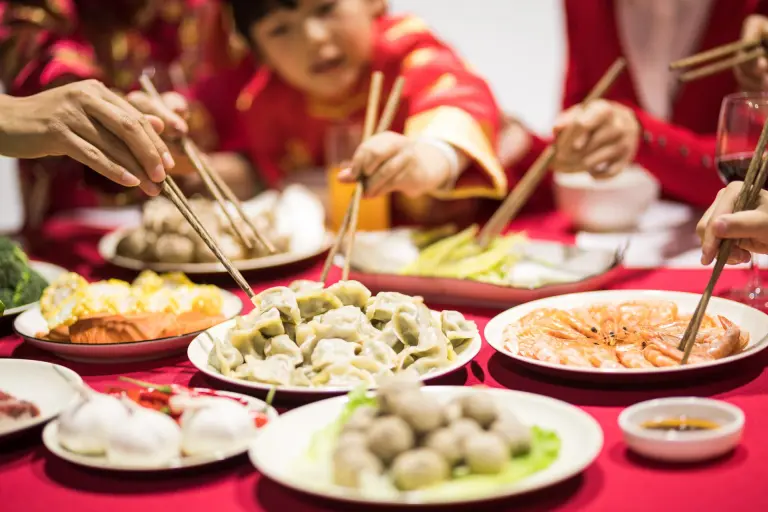
8. Never Shake or Bounce Your Legs While Eating
There’s a popular Chinese saying:
“A man who shakes his legs will lose his fortune; a woman who does so will lose her dignity.”
Fidgeting, especially shaking your legs at the table, is thought to signal restlessness or lack of self-discipline — traits not associated with success or good fortune. That’s why elders often remind children to sit still and eat with focus and gratitude.
>> “Fish Scale Tides” – The bizarre phenomenon found only in one river on earth
More Than Just Food
For Chinese families, mealtime is a sacred moment — a chance to bond, express respect, and preserve centuries-old values. These dining rules aren’t meant to confuse or intimidate; they’re a reflection of a culture that treasures harmony, gratitude, and respect.
So if you’re traveling through China and find yourself at a family table, try to observe and embrace these customs. You’ll gain more than just a delicious meal — you’ll get a deeper insight into one of the world’s oldest and richest cultures.
Want to dive deeper into Asian food traditions and hidden dining customs? Stick around — our blog is filled with fascinating guides that turn meals into unforgettable cultural journeys.




